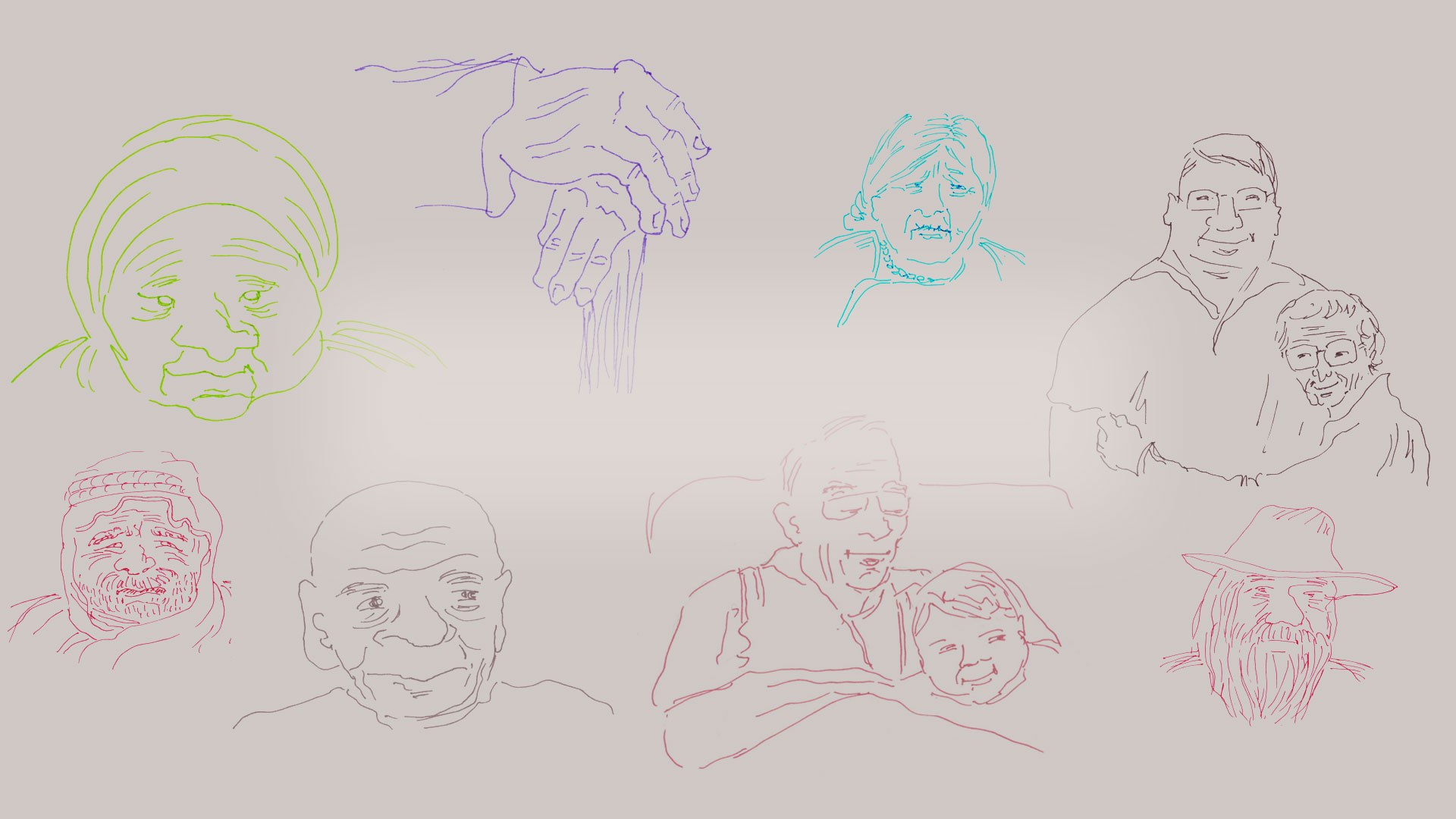A couple of weeks ago, my ESL student and I discovered that as young boys we both spent a good share of our summer days playing in the dirt. He grew up in rural India and I spent my early years in a Los Angeles suburb. We both remembered how enjoyable it was to dig and build things—roads, dams, structures. How we added water to transform dirt into mud, streams or ponds. How sticks, rocks andMORE...
Errand joy
Over my lifetime, I’ve thought about *errands in several different ways. When I received my driver’s license in high school, I would volunteer to take the Dodge station wagon out for the simplest family tasks. As I matured into adulthood, the amount and complexity of necessary errands—encapsulated in TO DO Lists—shaded my feelings in a different way: I had to squeeze these chores into the inMORE...
Does not apply
When I fill out forms that are necessary for navigating my current existence, I sometimes come up against questions where my likely answer is not included in the possible responses. So I enter D/N/A or N/A. Every day I deal with all sorts of messages that claim to be important enough for me to read, explore further or answer. It would be easy enough to open all of them—and enter the danger zonesMORE...
Analogies that last
You may have noticed my continuing fascination with words, especially their derivations and their usage. Today I extend my wordsmithing smile in your direction with a possible gift: How to craft *analogies that delight and elucidate. Ones that last…! I’m fond of linguistic truisms. One of the most reliable: Analogies and metaphors enrich communications. Like an opossum that won’t loosen itsMORE...
In God We Trust
I may be less trusting than I used to be. A variety of recent trust-shaking incidents has brought me towards that frame of mind: The emergence of a conspiracy-dependent quasi-religion fueled by prevarication; a sophisticated personal computer hack; violence-prone truth-deniers; the news that USPS blue mailboxes are being robbed of mail in check-washing schemes and misinformation/phishing messagesMORE...
Helper and helped one
(Because of my advanced MO degree, I am a bona fide Master of the Obvious. That’s why this entry will likely tell you something you already know. In this case, what’s obvious is this: That although I think of myself as helpful, I’m probably also someone who other people think could use some help!) For a good share of my life—continuing into these later decades—I’ve thought of myself as someoneMORE...
Partners in recall
I enjoy leisurely conversations with other elders. Sometimes in our chats, a word or phrase can suddenly become unavailable. The mutual sharing can come to a halt. One among us seems caught in temporary forgetfulness. At those moments, embarrassment can insert itself into the relationship. When that phenomenon lasts for more than a few seconds, the rest of us wonder: “How can we help?” OneMORE...
Another Holy Family Story
(The Sunday after Christmas is sometimes designated as Holy Family Sunday, a time to remember how Joseph, Mary and Jesus escaped Herod. Today my thoughts about another way to think of that event.) CHARACTERS Herod (Computer hacker) The Holy Family (Computer innocents) The Magi and an angel (Geek Squad) TRADITIONAL STORY Generously gifted by the Wise Men, Mary and Joseph may not haveMORE...
Fear not….
Now’s the season when “Fear not!” claims its place in the lexicon of faith-based attitudes and actions. The sources of this proclamation include a variety of angelic greetings—to Zechariah, Mary, Joseph and the shepherds—as well as Jesus’ assurances throughout his ministry. Well-reasoned sermons and Christmas greetings notwithstanding, part of me wants to say, “Wait a minute…!” I know theMORE...
Moral injury
The December, 2022 issue of Scientific American included an article titled, *“An Invisible Epidemic.” Its subject: Moral injury, a psychological condition that results when someone’s principles are violated by contextual necessities. Examples include: healthcare providers during COVID’s worst days or soldiers killing civilians during wartime. Ethically wrenching situations were their new normalMORE...

